
Receiving a Bankruptcy Discharge in St. Paul, MN
A bankruptcy discharge is the statutory forgiveness of liability for the balance of a debtor’s...

Posted by Danielle Lin on November 6
Posted by Danielle Lin on November 3
LifeBack Law Firm, Minnesota’s largest, nicest, and most helpful bankruptcy law firm, has recently opened a new office location in the heart of the Cathedral Hill neighborhood in St. Paul, Minnesota. Our modern, quaint, and historical St. Paul office is surrounded by trendy restaurants, such as Moscow on the Hill, Handsome Hog, and W.A. Frost. All of these restaurants are conveniently located next to, and just across the street from, our St. Paul office. Come see us at 370 Selby Ave Suite 224, St. Paul, MN 55102, and grab a bite to eat at one of these posh restaurants.
Posted by Danielle Lin on October 21
There are various reasons a Chapter 13 bankruptcy could be dismissed or converted to a Chapter 7 bankruptcy. A Chapter 13 bankruptcy may be voluntarily converted to a Chapter 7 bankruptcy at any time. A Chapter 13 bankruptcy may be voluntarily converted to a Chapter 7 for a number of reasons, including a change in your financial circumstances that may allow a Chapter 7 bankruptcy to be more suitable.
Posted by Danielle Lin on October 20
Preferences are a type of transfer made by a debtor to a creditor before a bankruptcy petition is filed that the trustee may avoid and force the creditor to pay back to the estate. 11 U.S.C. § 547(b). The bankruptcy system was created to promote fairness to creditors while at the same time provide debtors a fresh and new financial start. Therefore, the payment of creditors must be equitable and no one creditor can be favored over another. This equitable principle applies, even before the debtor has filed for bankruptcy.
Posted by Danielle Lin on October 19
LifeBack Law Firm is Minnesota’s nicest, largest, and most helpful bankruptcy law firm. At LifeBack Law Firm, clients are not only treated as clients, but as friends or family members. We recently opened a new office location in the heart of the Cathedral Hill neighborhood in St. Paul, Minnesota. This new office address is located at: 370 Selby Ave Suite 224, St. Paul, MN 55102. Our modern, quaint, and historical St. Paul office is located just outside of downtown St. Paul in the charming Cathedral Hill neighborhood. The Cathedral Hill neighborhood of St. Paul, Minnesota borders Summit Avenue to the south, Marshall Avenue to the north,
Posted by Danielle Lin on October 15
After a debtor has completed the bankruptcy schedules and a Chapter 7 bankruptcy has been filed with the court, a debtor must attend a 341 hearing, also known as a meeting of creditors. Several days after the bankruptcy case is filed, a debtor will receive a notice of the 341 hearing. The notice will indicate the date, time and method by which the meeting will occur. Currently, in the state of Minnesota, 341 hearings are conducted virtually, either by telephone or by Zoom. A 341 hearing is also called “meeting of creditors,” however, creditors rarely attend. A debtor’s assigned bankruptcy trustee will conduct the 341 hearing.
Posted by Danielle Lin on September 27
If you own an LLC or a corporation, and are thinking about filing for bankruptcy, you may have some questions or concerns regarding whether your business debt will be discharged in a Chapter 7 bankruptcy. By owning an LLC or a corporation, you probably have business debt and personal debt. Business debt is debt that arises from the operation of your business. It is money that you owe from running your business. It is debt that is owed by the business entity, which is separate from the debt owed by you as the owner of the business. Personal debts from running a business can come in the form of taking out loans and incurring credit card debt to pay business expenses. It can also come about when you as the business owner, agree to “personally guarantee” a business loan, which means that you as the owner, agree to be personally responsible for repaying the business loan, in the event the business is unable to pay the loan itself.
Posted by Danielle Lin on September 23
If you are struggling with making your mortgage payments on time, or if you are facing an impending foreclosure on your house, a Chapter 13 bankruptcy may be the type of bankruptcy that will best suit your needs. A Chapter 13 bankruptcy involves an affordable, monthly payment plan. This monthly payment plan can cure mortgage arrears, and at the same time, protect your house from a foreclosure. A Chapter 13 bankruptcy is a structured and organized way to pay back a small portion of your debt, cure mortgage arrears, and stop a foreclosure; meanwhile, you are able to keep all of your assets and come out of the bankruptcy in 3-5 years debt free. In a Chapter 13 bankruptcy, you will make monthly, affordable payments to your bankruptcy trustee’s office, which can be set up to monthly ACH withdrawals from a bank account of your choice. That monthly, affordable payment can allow you to pay down any mortgage arrears that you may have.
Posted by Danielle Lin on September 17
There are various reasons a Chapter 13 bankruptcy could be dismissed or converted to a Chapter 7 bankruptcy. A Chapter 13 bankruptcy may be voluntarily converted to a Chapter 7 bankruptcy at any time. A Chapter 13 bankruptcy may be voluntarily converted to a Chapter 7 for a number of reasons, including a change in your financial circumstances that may allow a Chapter 7 bankruptcy to be more suitable. It may also be that due to the nature of the proof of claims that filed by your creditors, confirmation of your Chapter 13 plan is not feasible and converting to a Chapter 7 would resolve issues with creditors, make more sense, and be more beneficial for you. While only a notice of conversion needs to be filed if a Chapter 13 is voluntarily converted to a Chapter 7 bankruptcy, it would be wise to consult with an experienced attorney prior to deciding whether a conversion to a Chapter 7 would be best for your financial situation, needs, and circumstances.
Posted by Danielle Lin on September 16
At the moment you file for bankruptcy, “automatic stay” kicks in, pursuant to Section 362 of the U.S. Bankruptcy Code. It is an order that gets sent to your creditors immediately, after you file for bankruptcy. The automatic stay affords protections throughout your bankruptcy, regardless of whether you file a Chapter 7 or a Chapter 13 bankruptcy. It is a provision in bankruptcy law that acts as a protective shield and protects you from creditors, while at the same time, providing you time to reorganize your debts, finances, and financial affairs.
Posted by Danielle Lin on September 2
There are various ways you can prepare for a bankruptcy filing, even before you meet with your bankruptcy attorney. As a prerequisite to filing bankruptcy, one must provide full financial disclosure to the bankruptcy court. One must also be completely open and forthright and must be willing to provide any and all documents requested by the bankruptcy trustee, after the case is filed. When preparing for filing a future bankruptcy case, it is wise to keep detailed records of any large financial transactions and to begin collecting paystubs, bank statements, and recent tax returns, as they are all subject to be requested by the bankruptcy trustee.
Posted by Danielle Lin on August 29
If you are are planning on filing for bankruptcy soon, and are also expecting to receive a future tax refund, you may wonder whether you can keep your tax refund after filing a bankruptcy case, or whether you would have to turnover that refund to your bankruptcy trustee. Whether you are able to keep your tax refund or not, depends in large part on what type of law is applied to your case in order to protect all of your assets. There are two types of law that can be applied to any given bankruptcy case – federal or state law. Your bankruptcy attorney will determine which type of exemptions to use in order to best protect your property during your bankruptcy.
Posted by Danielle Lin on August 22
If you currently live outside of Minnesota, you may wonder if you can still file for bankruptcy in Minnesota. Do I need to be a resident of Minnesota to file for bankruptcy in Minnesota? Well, the residency requirements to file in Minnesota are quite easy to be met. You simply have to have lived in Minnesota for at least 91 days in order to file for bankruptcy in Minnesota.
Posted by Danielle Lin on August 17
If you are thinking about filing for bankruptcy, it is helpful to understand the different types of creditors and what kind of creditors you have. The type of debt and creditors that you have can be determinative of the type of bankruptcy that you file. A creditor is somebody you owe money to. When you file for bankruptcy, all of your creditors will be listed in your petition and schedules – those are the legal documents that are filed with the court in order to start your bankruptcy case.
Posted by Danielle Lin on August 8
If you are thinking about filing for bankruptcy, you may be deciding between whether a Chapter 7 or a Chapter 13 would be better for you. While a Chapter 7 bankruptcy is known to give you a quick refresh button by wiping out all of your unsecured debt in 3-4 months, there are advantages to a Chapter 13 bankruptcy too. A Chapter 13 bankruptcy also provides benefits that a Chapter 7 cannot.
Posted by Danielle Lin on July 4
Will I be able to keep my house when I file for bankruptcy? It’s a common concern that you may wonder about as you are making preparations to file for bankruptcy. It could be that you are facing a daunting foreclosure and want to file for bankruptcy in order to save your house. Or, you could have a perfect record with your mortgage company because you have always made your mortgage payments on time, and you do not want the bankruptcy to affect that and cause you to lose your house. These are all valid concerns that many people who file for bankruptcy have.
After filing for bankruptcy, you will be able to keep your house, regardless of whether you file a Chapter 7 or a Chapter 13 bankruptcy, so long as you keep making your mortgage payments on time. If you are paying your mortgage company on time, then you can rest assured that you will be able to keep your house during the bankruptcy. You see, when you file for bankruptcy, your attorney who is helping you file your case, will apply one of two different laws to protect all of your assets – federal law or state law. The type of law that is applied to your case depends in part on whether you own a house with a significant amount of equity, or whether you are renting a house or an apartment. Federal law will be applied to protect your house and all of your assets, if the equity in your house falls within the threshold value allowed by the homestead federal statute. If the equity in your house exceeds that value, then Minnesota state law will be applied instead. The reason that federal law is usually favored, is because federal law has a wildcard provision that protects up to $13,900 worth of assets. This provision provides greater protection is protecting all of your assets. Therefore, your house is protected, whether federal or state law is applied, so long as you continue to make your mortgage payments.

A bankruptcy discharge is the statutory forgiveness of liability for the balance of a debtor’s...
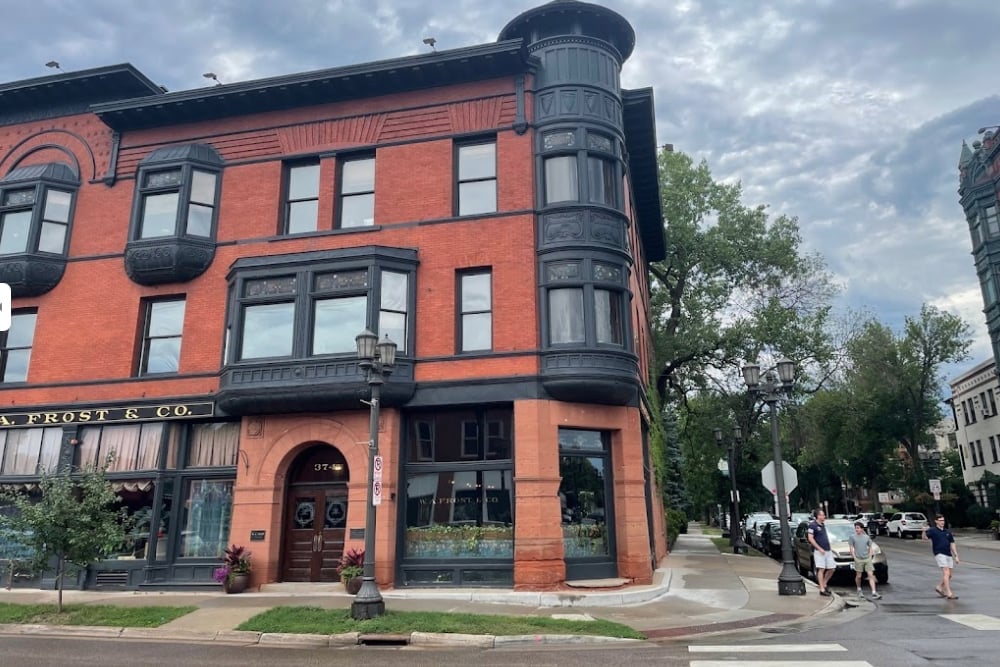
LifeBack Law Firm, Minnesota’s largest, nicest, and most helpful bankruptcy law firm, has recently...
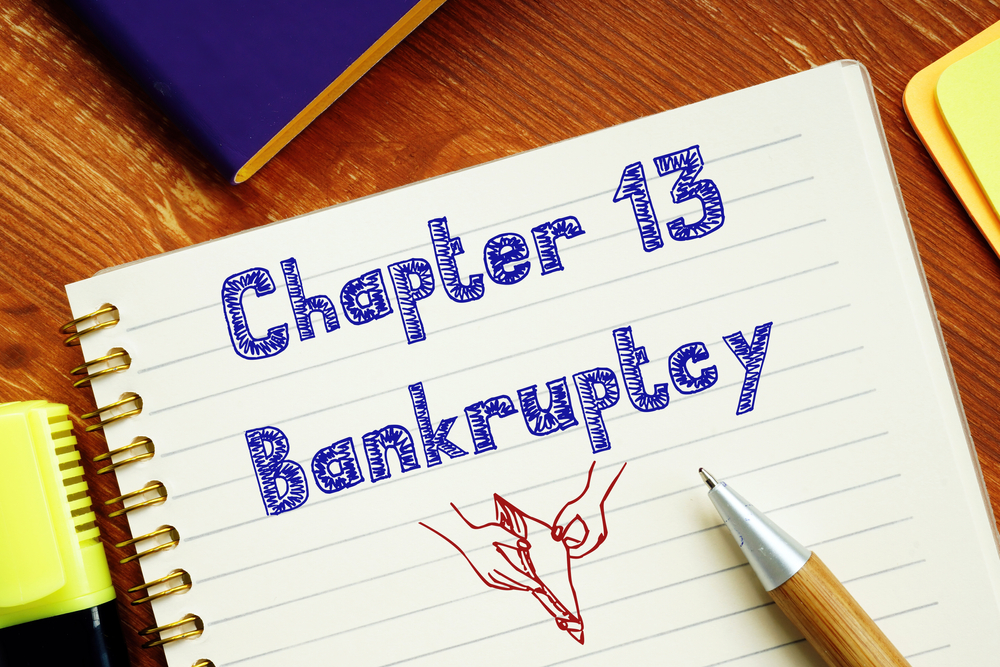
There are various reasons a Chapter 13 bankruptcy could be dismissed or converted to a Chapter 7...

Preferences are a type of transfer made by a debtor to a creditor before a bankruptcy petition is...
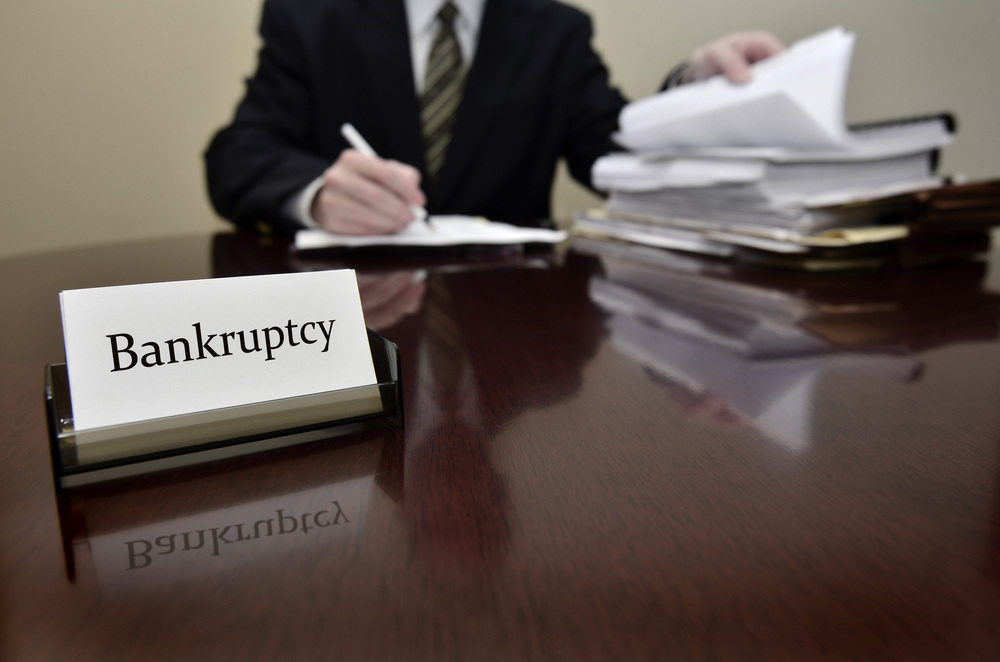
LifeBack Law Firm is Minnesota’s nicest, largest, and most helpful bankruptcy law firm. At LifeBack...
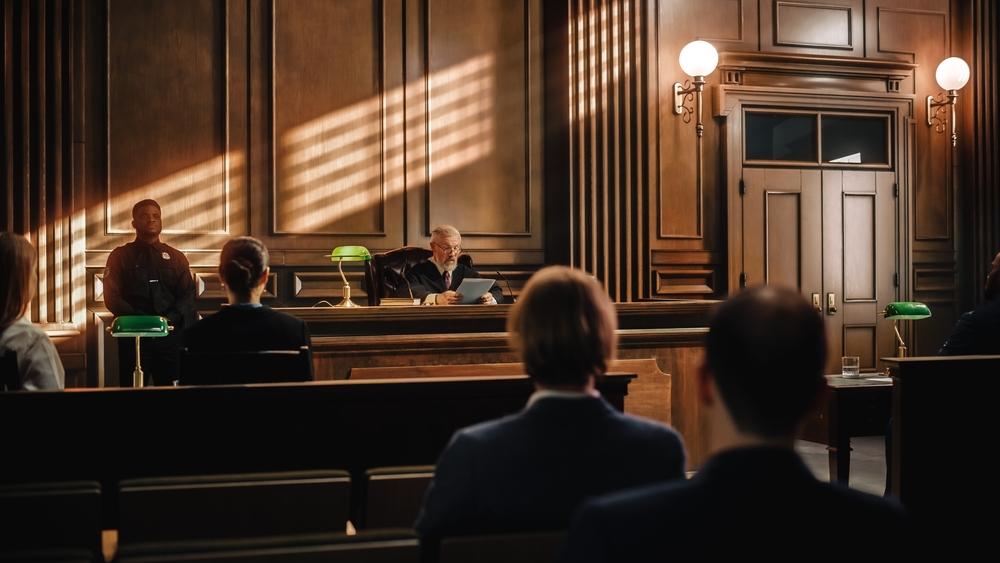
After a debtor has completed the bankruptcy schedules and a Chapter 7 bankruptcy has been filed...
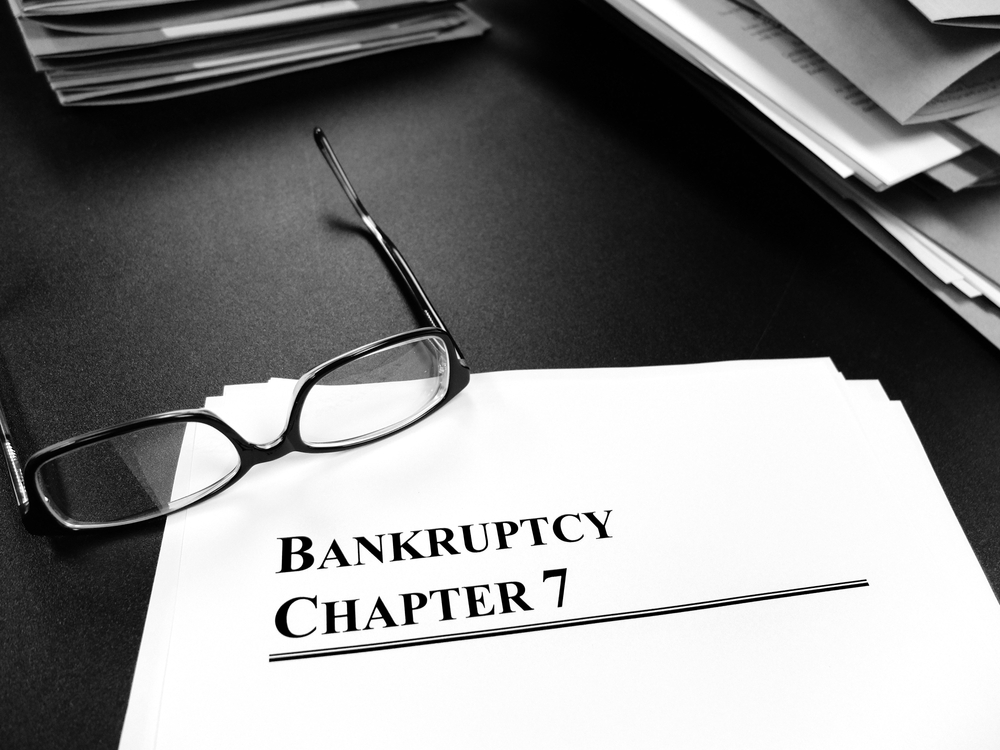
If you own an LLC or a corporation, and are thinking about filing for bankruptcy, you may have some...

If you are struggling with making your mortgage payments on time, or if you are facing an impending...
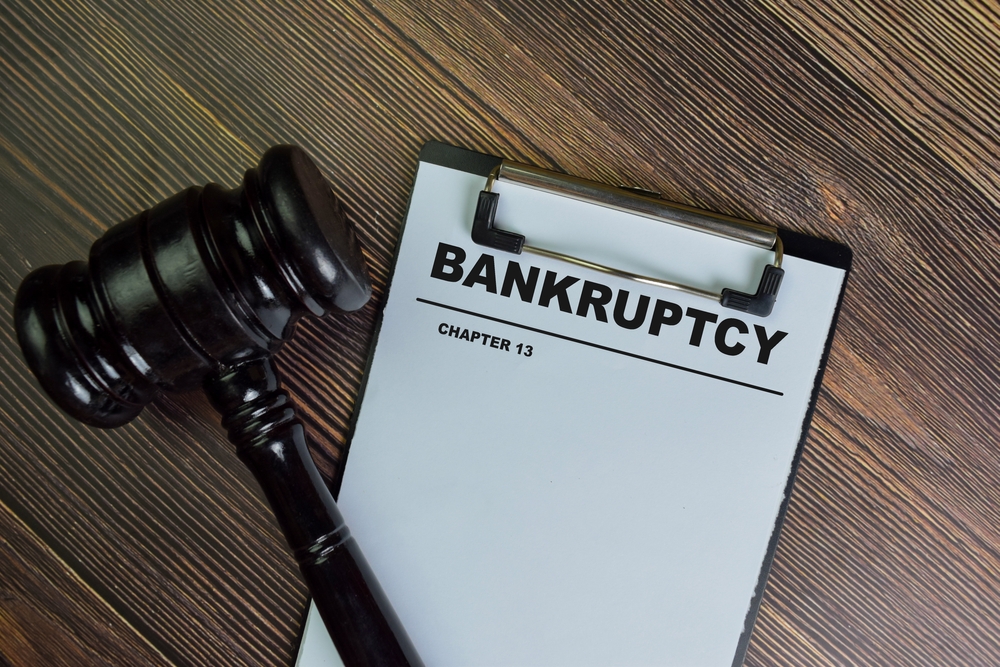
There are various reasons a Chapter 13 bankruptcy could be dismissed or converted to a Chapter 7...

At the moment you file for bankruptcy, “automatic stay” kicks in, pursuant to Section 362 of the...
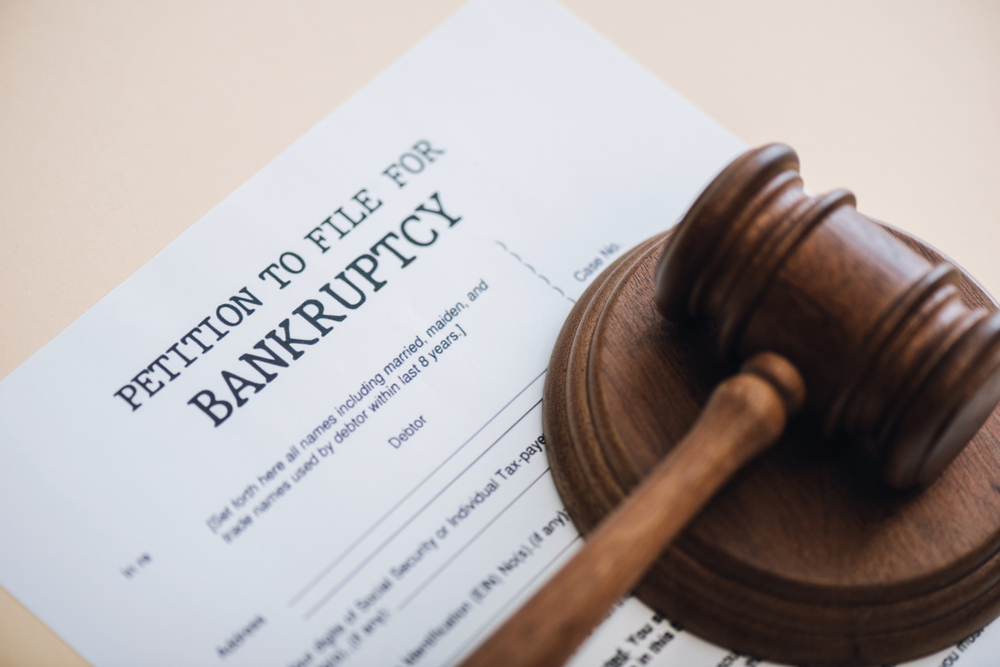
There are various ways you can prepare for a bankruptcy filing, even before you meet with your...
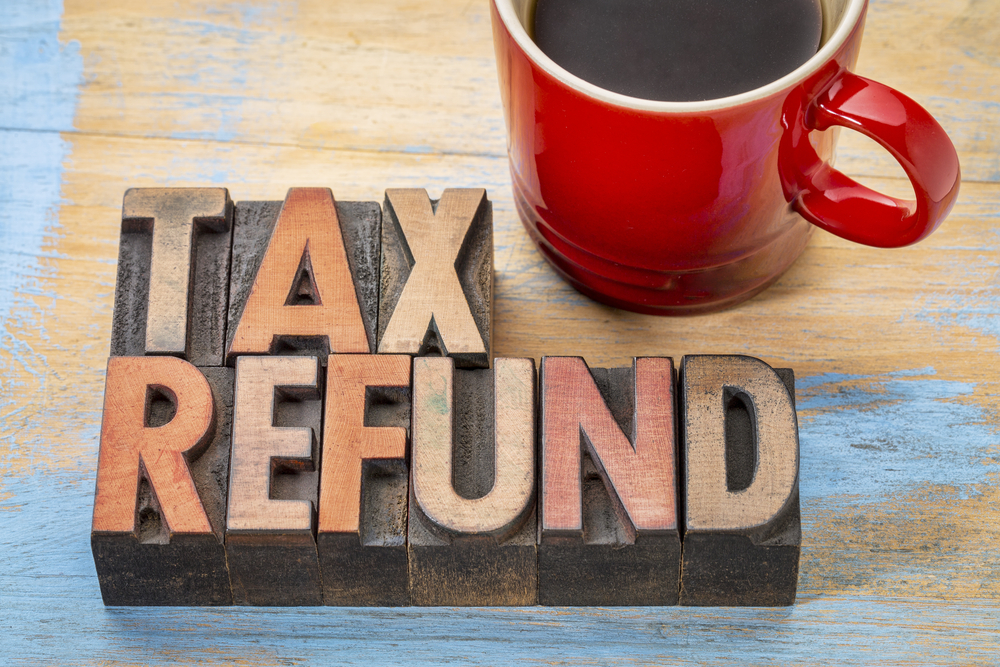
If you are are planning on filing for bankruptcy soon, and are also expecting to receive a future...
.jpg)
If you currently live outside of Minnesota, you may wonder if you can still file for bankruptcy in...

If you are thinking about filing for bankruptcy, it is helpful to understand the different types of...
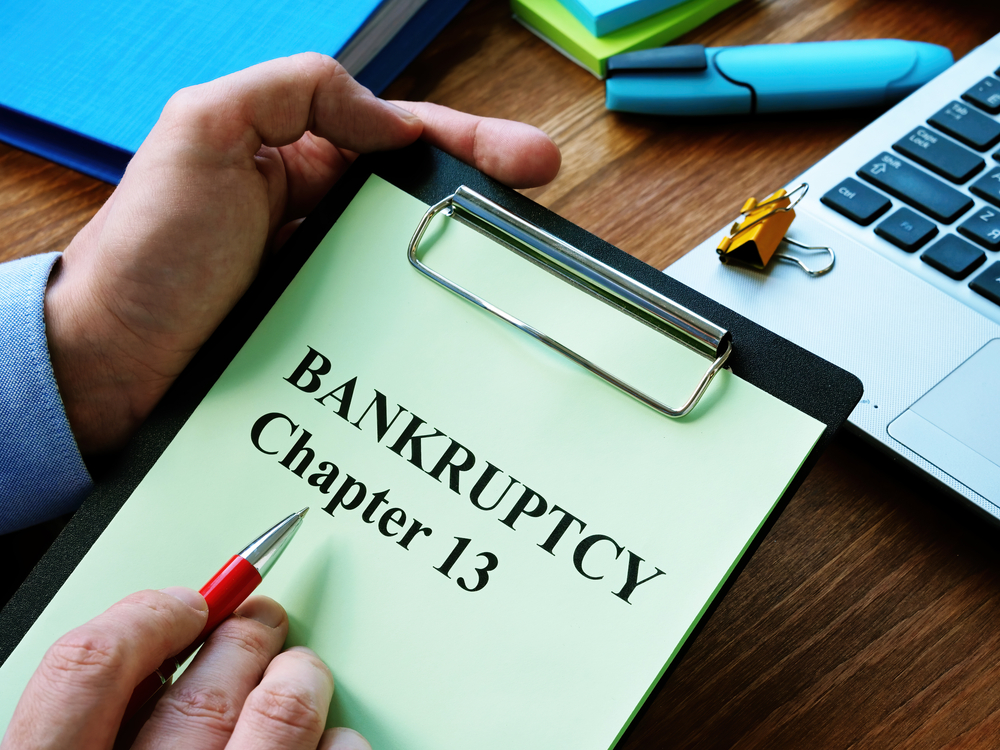
If you are thinking about filing for bankruptcy, you may be deciding between whether a Chapter 7 or...
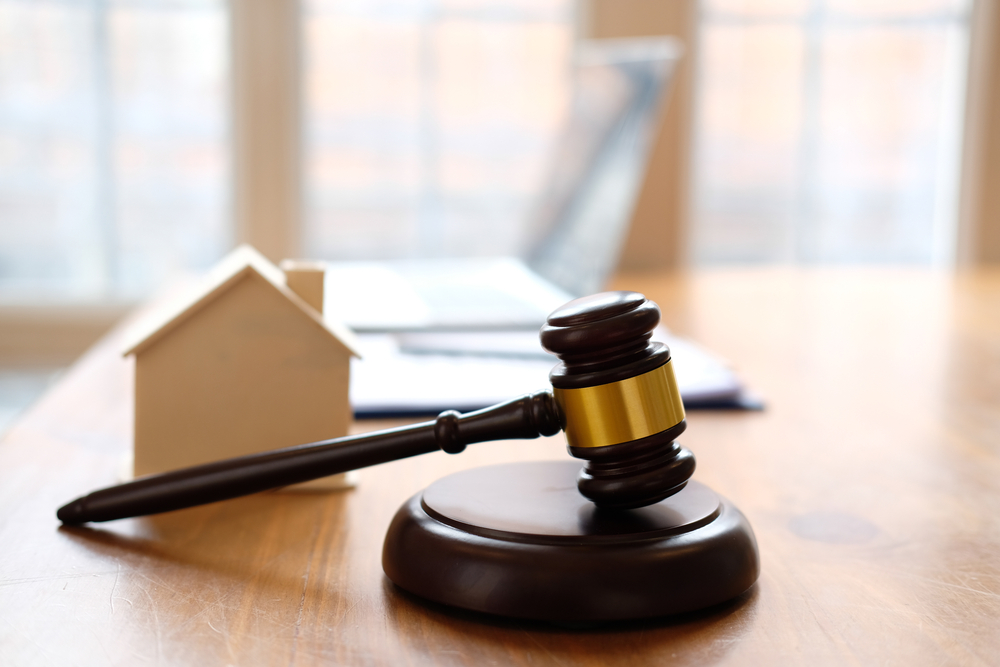
Will I be able to keep my house when I file for bankruptcy? It’s a common concern that you may...
© 2023 Lifeback Law Firm, P.A. | Disclaimer | Privacy Policy | Sitemap